Sam Thayer's bitternut hickory oil is an inspiration arguably thousands of years in the making, and one of the great triumphs of the foraging world that will leave a legacy for many years to come. Today I'll share what I know about it and why I think buying some, from the source, is worth your time and money.
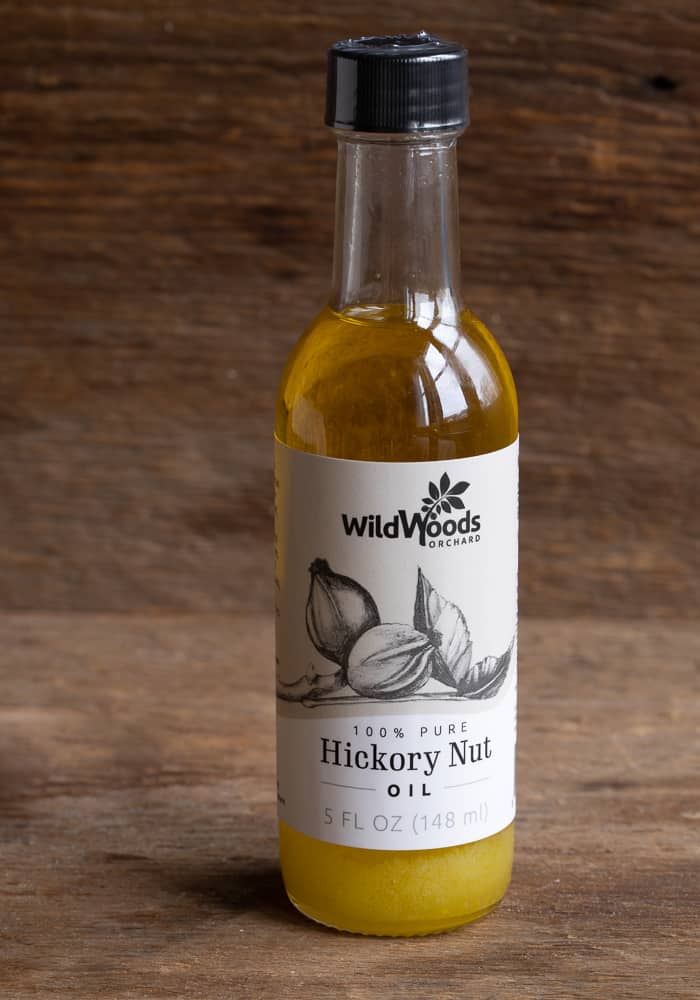
If you're not familiar, hickories are in the pecan family. Pecans can be pressed as an oil crop, and roasted pecan oil is delicious stuff chefs have been using for ages. Hickory nuts can be pressed for oil too, but you won't be buying their oil from a big commercial purveyor, well, not yet at least.
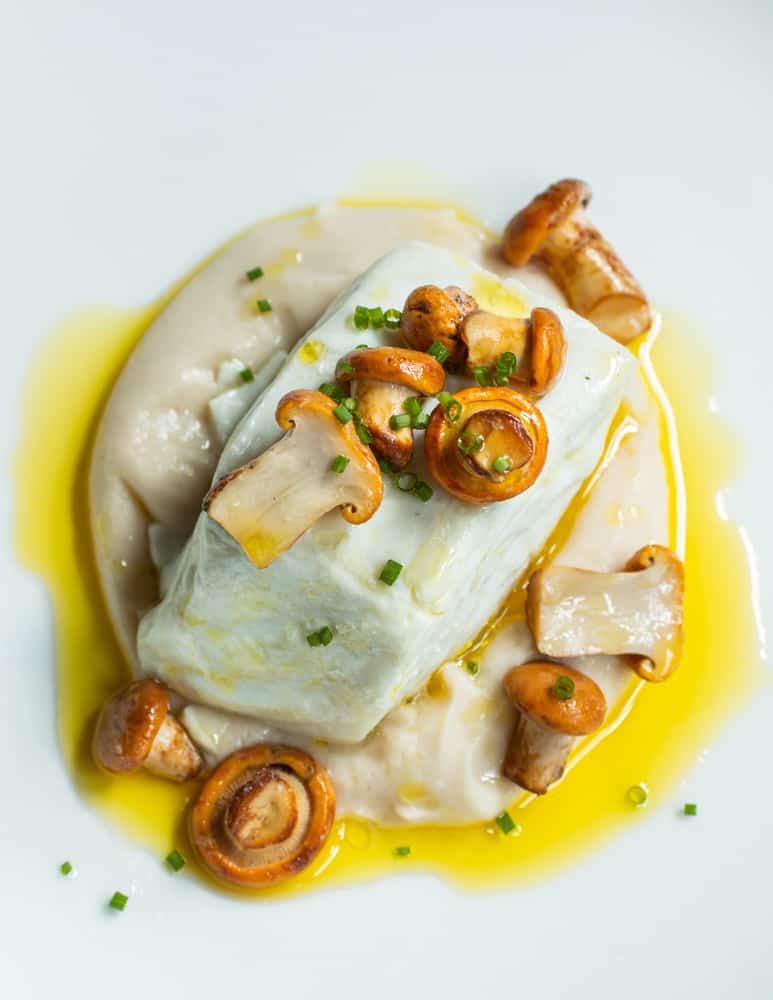
About 7 years ago now, I heard about hickory nut oil for the first time from following the products on Sam's Website Forager's Harvest. Digging into ethnobotanical literature and Native American techniques, Sam had seen references to oil being harvested from bitternut hickory nuts.
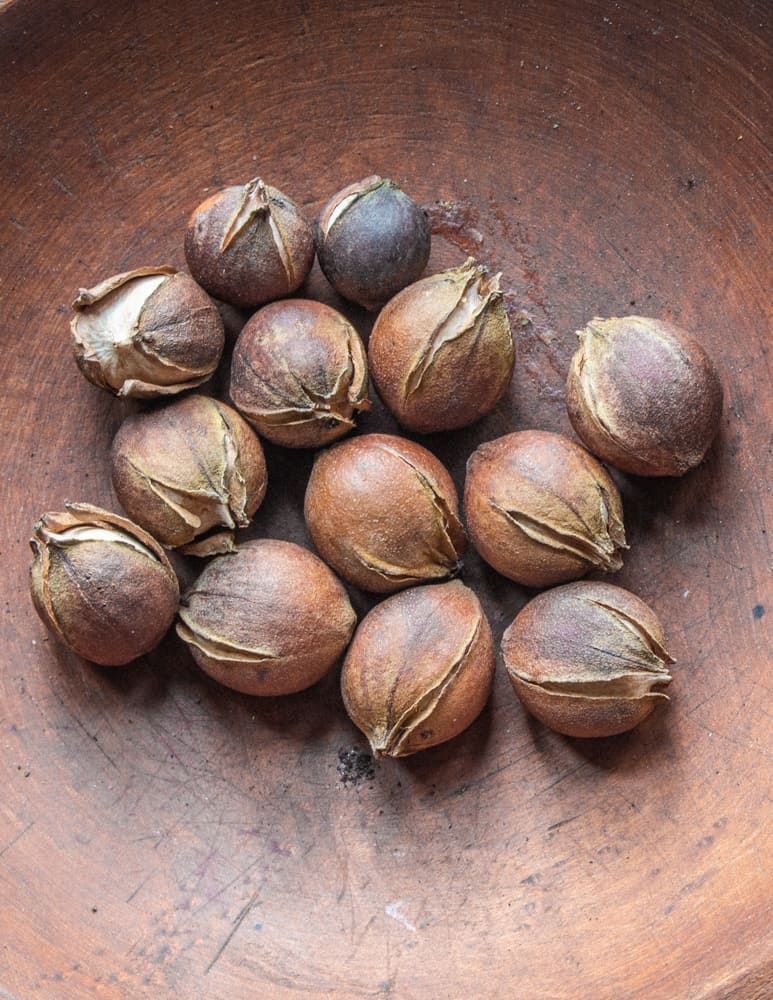
If I remember correctly the nuts were crushed and cooked in a pot (probably clay before iron) in water, and the oil that rose to the top would be skimmed off and used as a non-animal fat source.
Bitter Nuts, Delicious Oil
The most fascinating thing in my opinion has to do with the species of hickory used to make the oil: the bitternut hickory (Carya cordiformis). Seen by many people as a sort of trash tree, bitternut hickories are related to other species of hickory that make edible nuts. See below for a comparison between shagbark and bitternut hickory nuts.
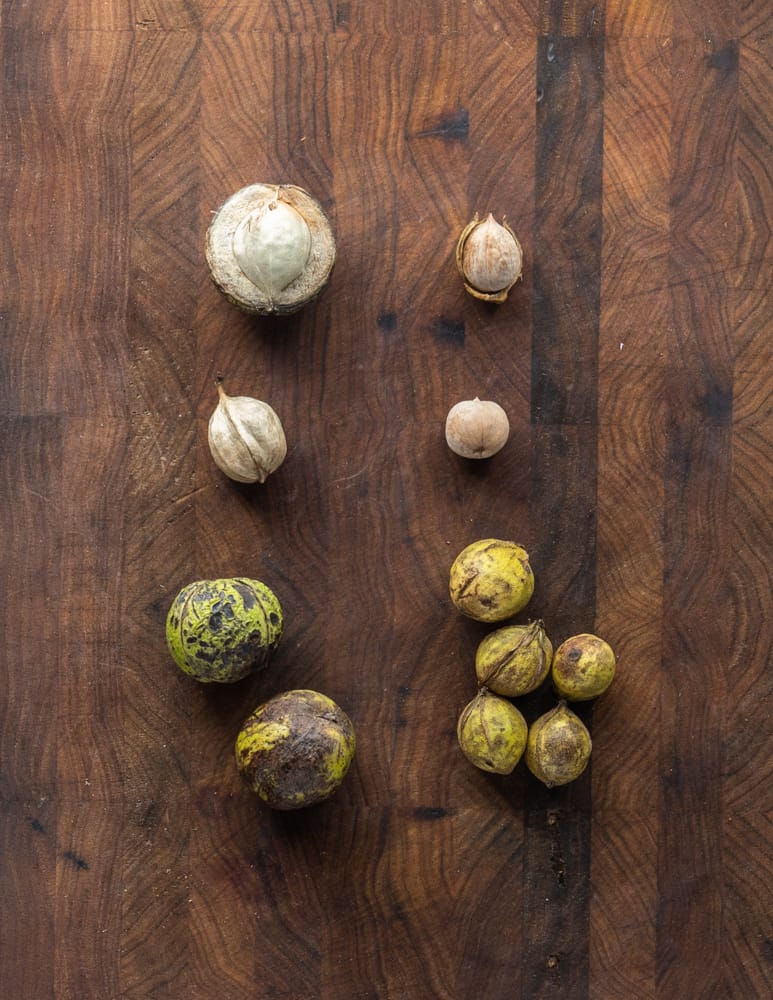
But, as the name implies, bitternut hickory nuts are bitter and not good to eat. Nature being the incredible thing it is, for whatever reason the tannins in the nuts that make bitternut bitter aren't fat-soluble, meaning that you can press a delicious, healthy, natural oil from the bitter nuts.
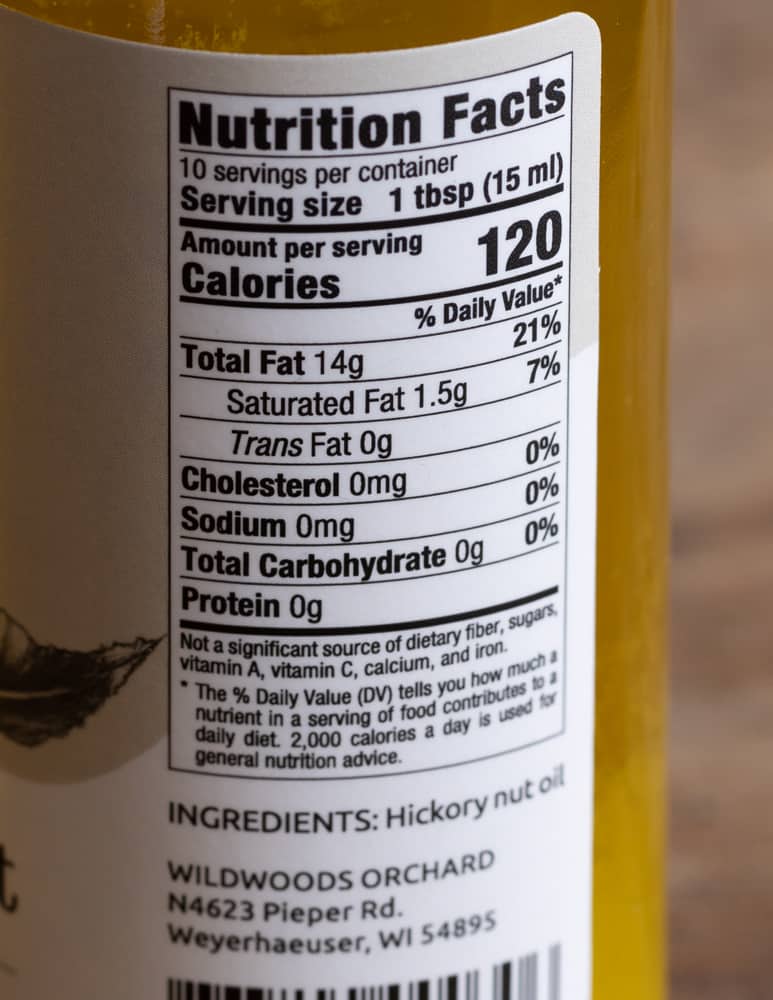
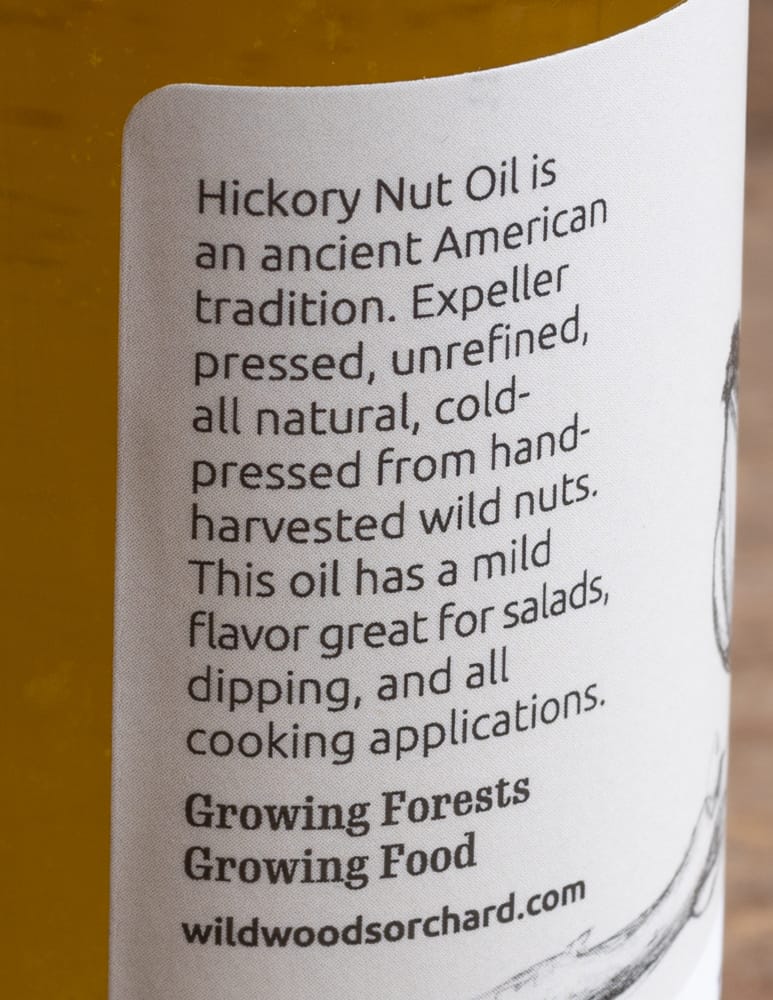
If you read my post on acorn oil, you'll know that the tannins in acorns function similarly, and they can also be pressed for oil, which Forager's Harvest also sells under their label Wildwood Orchard.
A New-Age Forest Crop
Making something useful and delicious from a tree most people regard as nothing special has other potential benefits for the future too, and I've spoken with Sam a few times about it. One thing he's mentioned I find so inspiring is that hickory oil can potentially be an additional cash crop derived from maple sugar bush forests. I, like Sam, would like to imagine a future in which industrious people can tap sugar maples in the spring and collect hickory nuts for oil in the fall. Ramps (wild leeks) can also be managed in maple sugar bush forest for a forest crop trifecta.
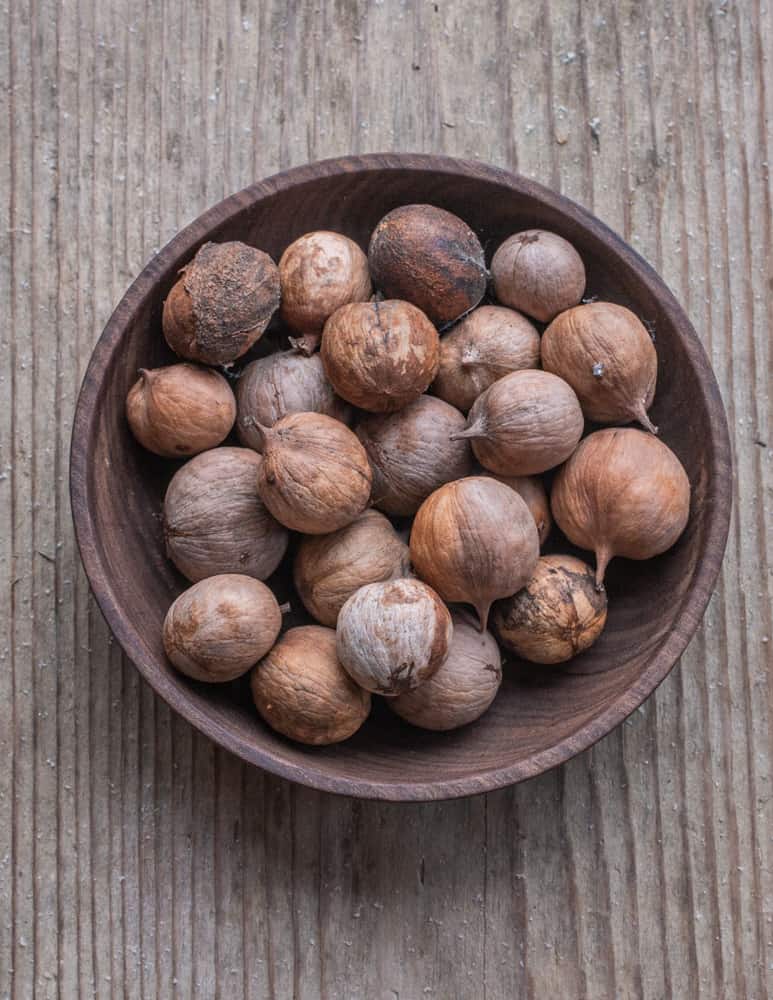
When you add wild leeks that love to grow in the same habitat to the equation, the potential economy of the woods can be a carrot for people who might otherwise log their land, or develop it for some other purpose. Simply put, hickory oil can, and should be part of a forest-crop movement that helps us keep maple sugar bush forests the way they are for years to come.
Storing
Hickory nut oil is more subtle than something like pecan or walnut oil. When very fresh, it has a mild, delicious taste of pecan/hickory with a buttery finish. As time goes on, the oil will mellow and become more mild.
Hickory oil is more delicate than other oils too. If left at room temperature it will lose flavor its flavor and spoil faster than most other oils I've worked with. For the best flavor and shelf life it must be kept in the fridge or freezer.
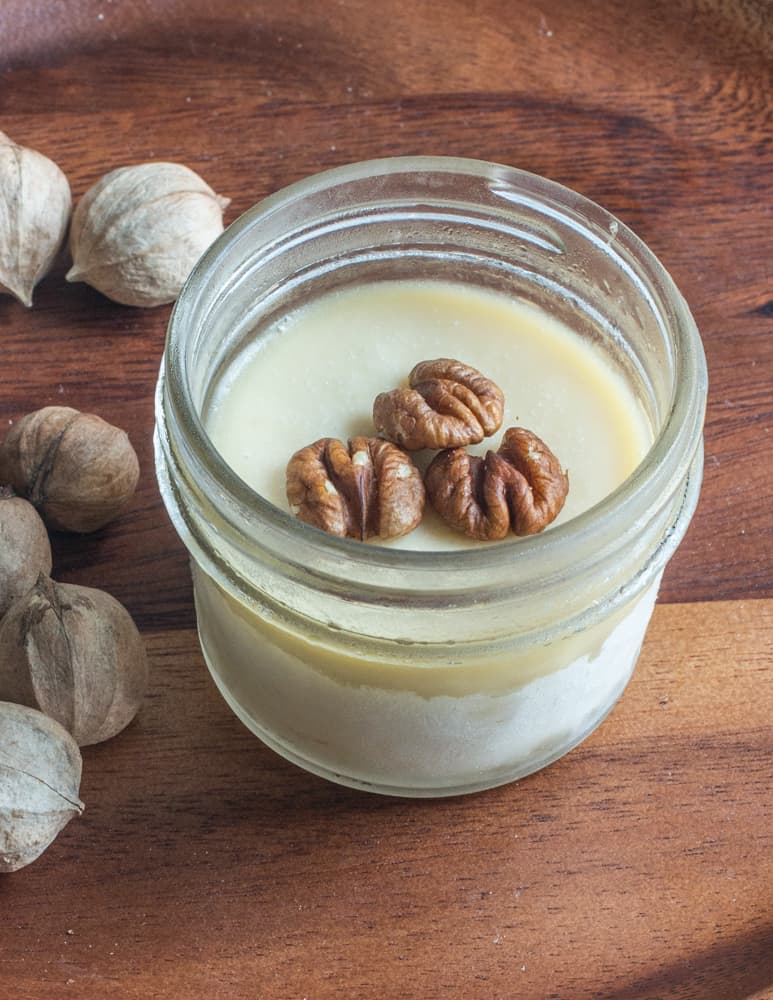
Enjoying
Hickory oil is great for all kinds of things and can be used anywhere you'd like a mild-flavored oil.
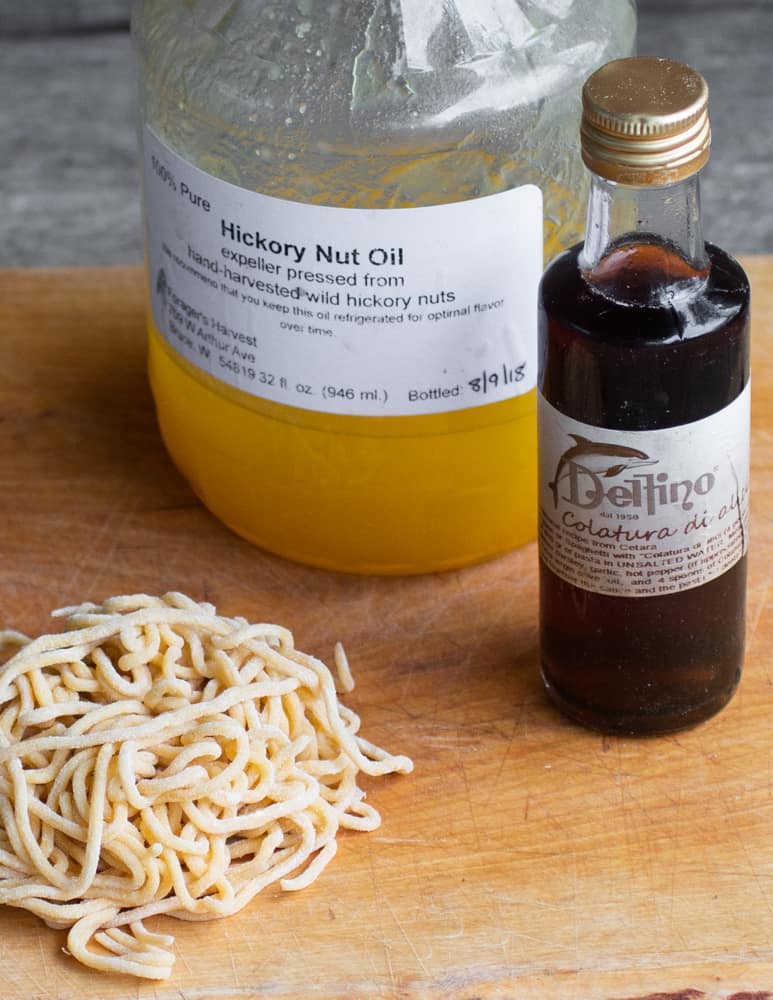
I add it to salad dressings, but I will also cook with it for low-medium heat applications sometimes as I usually have a quart or two around.
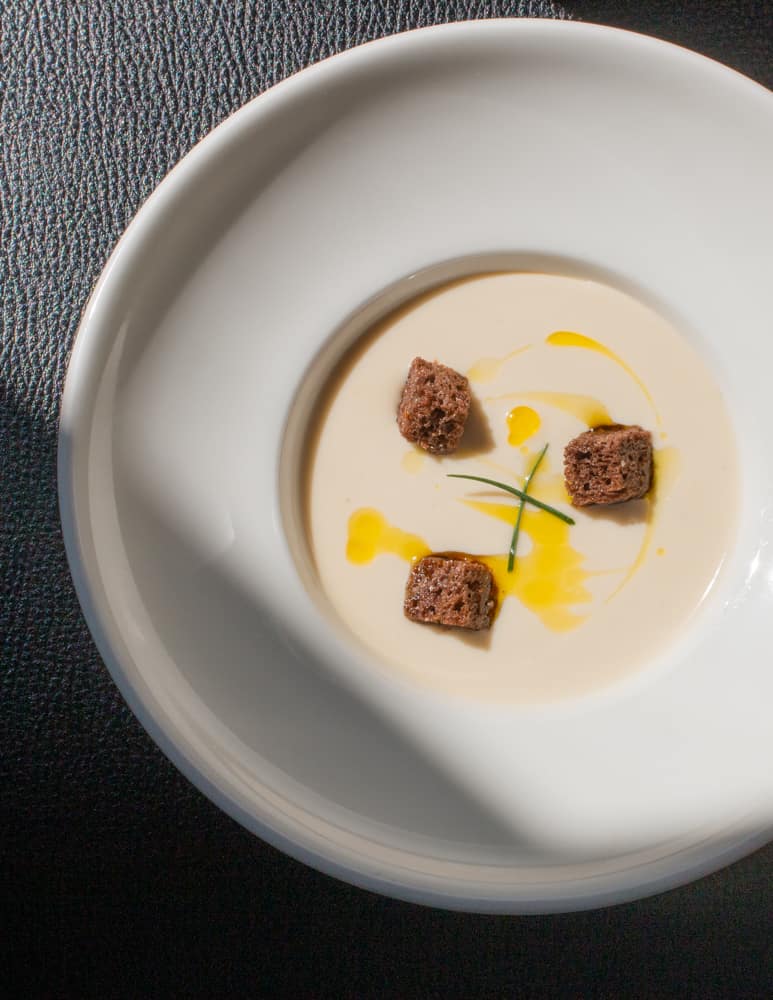
It's expensive and mild-tasting: Why should I buy it?
Some people I've talked to have seemed to gravitate toward saying things like the above. Yes, hickory oil has a mild flavor. Yes it's more expensive than most of the other oils most people will have had.
What it's important to remember here is that you are purchasing an oil that's been pressed from wild nuts, gathered by hand, by a human, then cracked and shelled in a small, family-owned operation. In my opinion the entire foraging world owes Sam Thayer and Forager's Harvest a debt for breathing life back into the tradition of pressing hickories for oil.
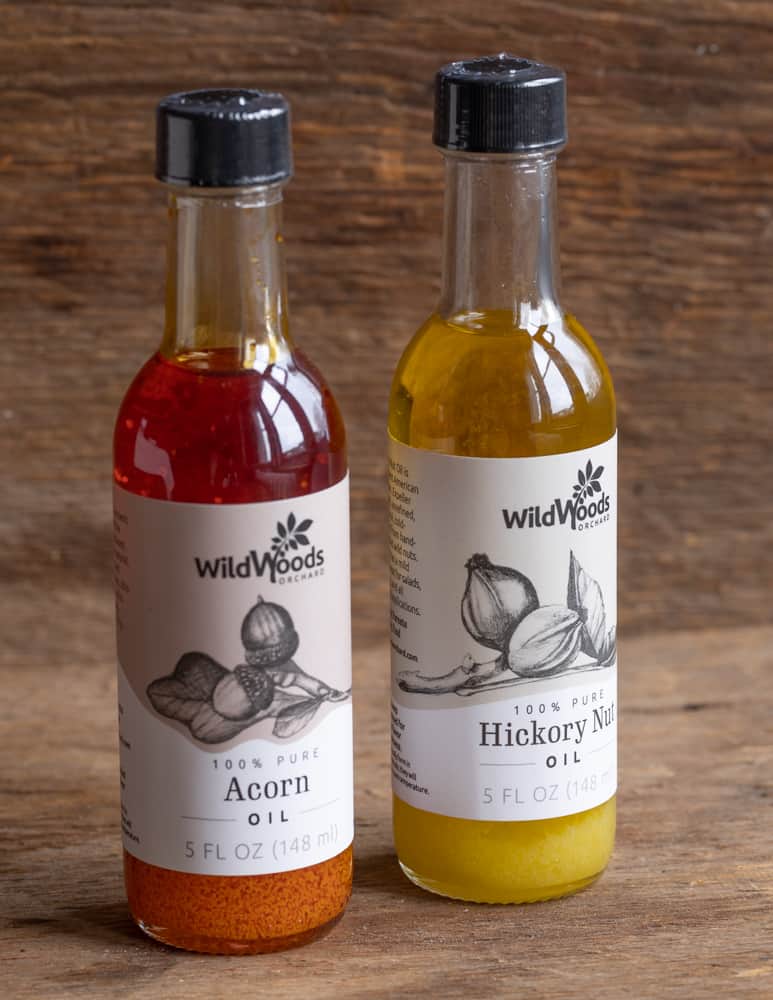
Most people will probably have donated to Go Fund Me and Kickstarter at some point in time. Sam has never crowd-funded anything, but I would donate money every month to Forager's Harvest and be happy to receive nothing in return besides the knowledge that I'm contributing just a little bit to an operation and author whose words helped change my life.
Sam's books and products are the type of inspiring, bar-setting examples we need more of in the world. Getting a bottle of oil in the mail after sending them a check is just a bonus.
Buy Hickory Nut Oil

Amber
How do u process hickory bitternuts for oil
Alan Bergo
You put them through an oil press. Piteba is a brand some people use.